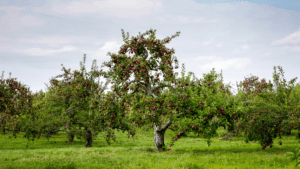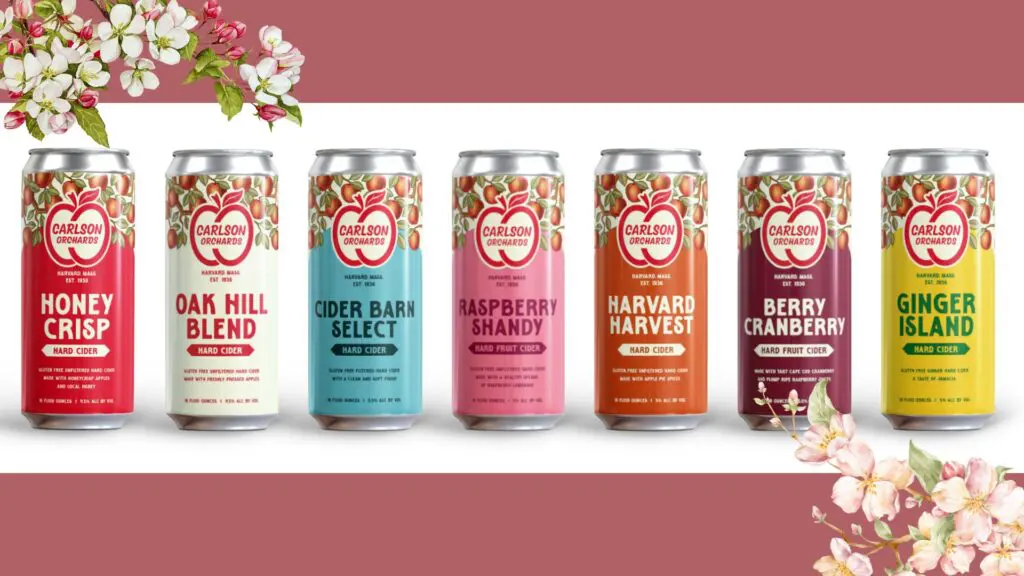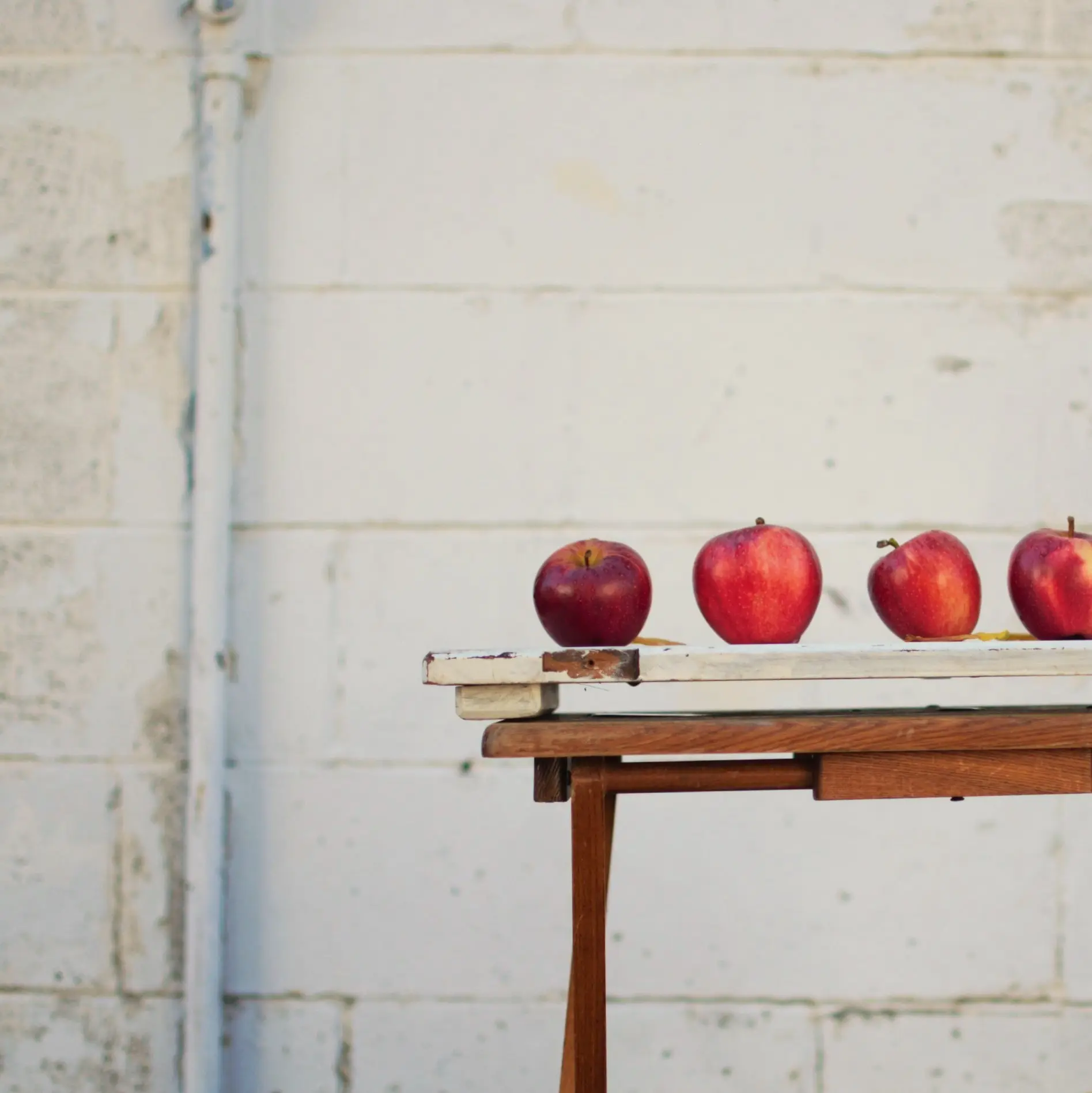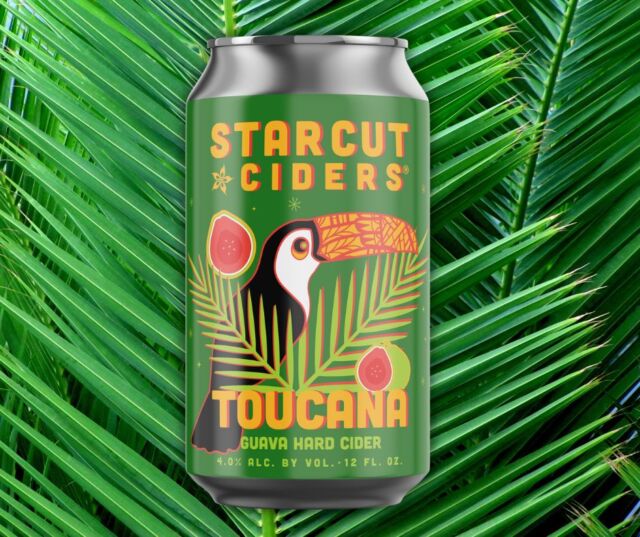All of the fruit grown by Champlain Orchards, and therefore the fruit used to make cider, is harvested from within 10 miles of the production site. Bill Suhr, Champlain’s founder, purchased the orchard fondly known as the Larrabee Orchard in 1998. And while Suhr’s initial purchase of 60 acres has grown into more than 250 acres of fruit, to this day, the original land remains one of the oldest continuously operating orchards in Vermont.

The buildings on the property date back to the 1880s, and some of the stumps on the land when Suhr took over were likely 100 years old at the time. “We’re tickled that we can be the stewards of this land,” says Suhr. “And it behooves us to be thinking well beyond how it will continue on after we’re here.”
In addition to more than 150 apple varieties, the farm tends to a huge range of fruit including Asian and European pears, plums, nectarines, peaches, apricots, cherries and plenty of berries. “We have a voracious appetite for planting and trying new things,” says Ben Rule, director of sales and marketing at Champlain. And with such an array of fruit, it means there’s no creative limit when it comes to making cider.
The production of hard cider began in 2011, and according to Suhr, it was a natural progression. “Because of the way we grow fruit, we end up with a higher ratio that may not be pretty enough for a grocery store shelf,” he says. “We wanted to find a home for that fruit, whether it was pies, applesauce or cider.” And with the growth of the hard cider industry at the time, it was the perfect way to take a love for the orchard and turn it into a beverage that could be enjoyed throughout the year.
With an appreciation for the history of the land, and the fruit it produces, Champlain Orchards is dedicated to sustainability in a multitude of ways. And while social responsibility is certainly being recognized in the industry in recent years, it’s just the way Champlain has always chosen to operate. “It resonates with our community,” says Head Cidermaker Jeren Stoneman. “Everybody truly loves the outdoors here and wants to see the outdoors thrive.”
The farm is now six years into its solar program, harnessing the power of the sun to run equipment such as cold storage rooms. With that energy, it allows for controlled-atmosphere storage, meaning apples and pears can be made available year round, without any fungicides being applied to the fruit post-harvest. But it doesn’t stop there. The farm is ecologically certified on an annual basis, meaning it follows a thorough plan, developed by farmers and scientists, for sustainable practices in the orchard. According to Rule, there’s specific guidelines for each crop, but ultimately it includes protecting pollinators, keeping good insects alive and reducing the need for herbicides, pesticides and fungicides. “It leads to a more robust ecosystem, it’s more sustainable over time and it’s healthier for the trees,” says Rule.
As for the cidermaking? Whether it’s a single varietal or a blend of multiple fruits, it all goes back to the beginning with the orchard. “We push the apples to the extreme and really showcase what this orchard can grow,” says Stoneman. “We’re an orchard-driven cidery, and we’ve really taken that to heart.”






















